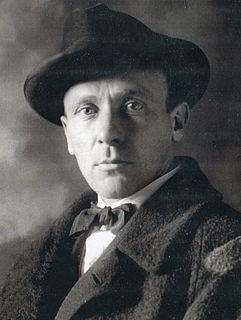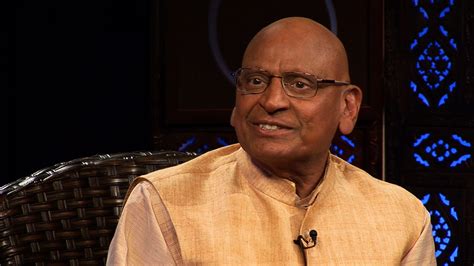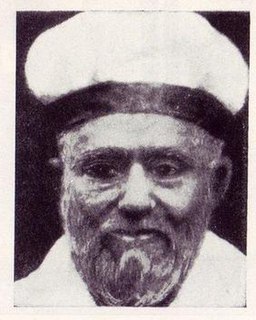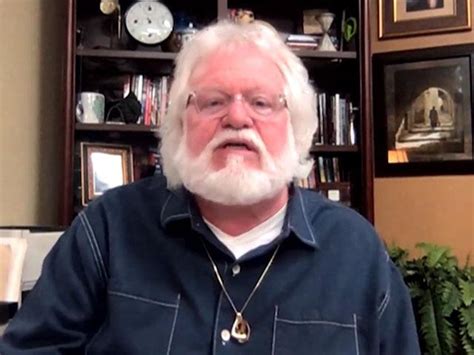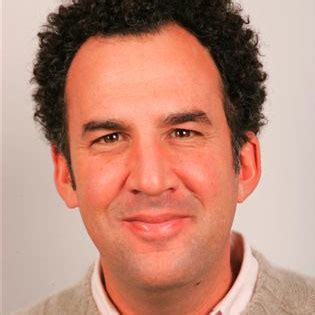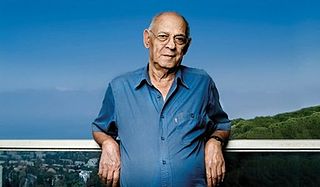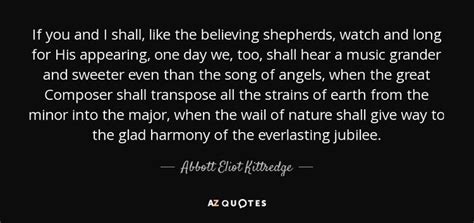A Quote by Max Lucado
The English name Jesus traces its origin to the Hebrew word Yeshua. Yeshua is a shortening of Yehoshuah, which means "Yahweh saves."
Related Quotes
There are certain concepts, which exist in English, and are unthinkable, untranslatable into Hebrew and vice versa. Hebrew has a system of tenses, which is, in a big way, different from the English system of tenses, probably different than any European system of tenses, which means a different sense of reality, which means a different concept of time. So, things can be translated, but they become different.
The Self says ‘I AM’–as in the very grand sayings of Christ, especially in the Gospel of John, in which he says in the state of onenenss with Yahweh (which in Hebrew means ‘I AM’), I AM is the way and the truth and the life–but the ego says ‘I am this’ or ‘I am that,’ thus attaching itself only to a small portion of the Vastness. (62)
The gifts that Yeshua left in the earth realm to enforce His authority were apostles, prophets, pastors, teachers, and evangelists. The gift that gets controlled or stopped, which hinders the others from coming into fullness, is the prophet's gift and authority. Apostles will attempt to build a pattern without present revelation, and end up building man's model.
I was fascinated by the lack of a word for a parent who has lost a child. We have no word in English. I thought for sure there'd be a word in Irish but there is none. And then I looked in several other languages and could not find one, until I found the word Sh'khol in Hebrew. I'm still not sure why so many languages don't have a word for this sort of bereavement, this shadowing.
The revival of Hebrew, as a spoken language, is a fascinating story, which I'm afraid I cannot squeeze into a few sentences. But, let me give you a clue. Think about Elizabethan English, where the entire English language behaved pretty much like molten lava, like a volcano in mid-eruption. Modern Hebrew has some things in common with Elizabethan English. It is being reshaped and it's expanding very rapidly in various directions. This is not to say that every one of us Israeli writers is a William Shakespeare, but there is a certain similarity to Elizabethan English.


